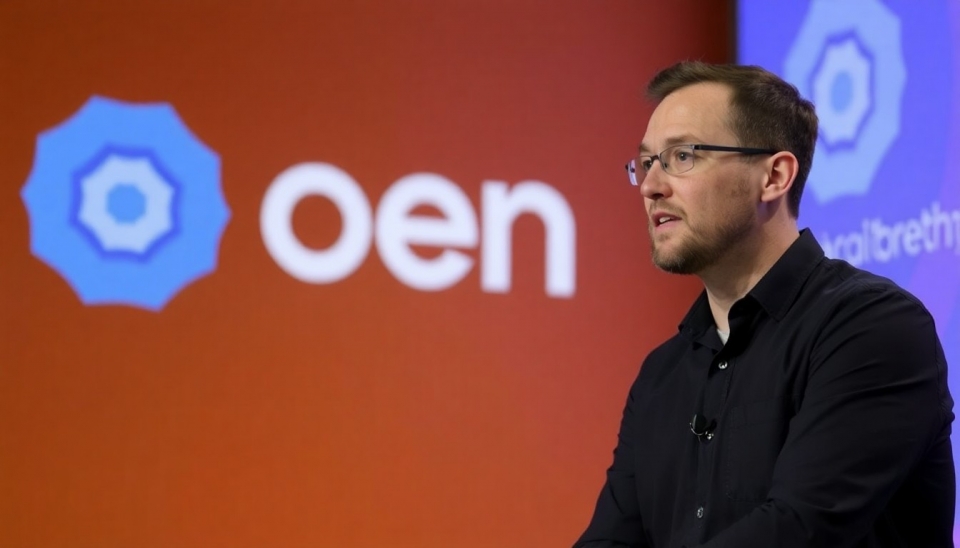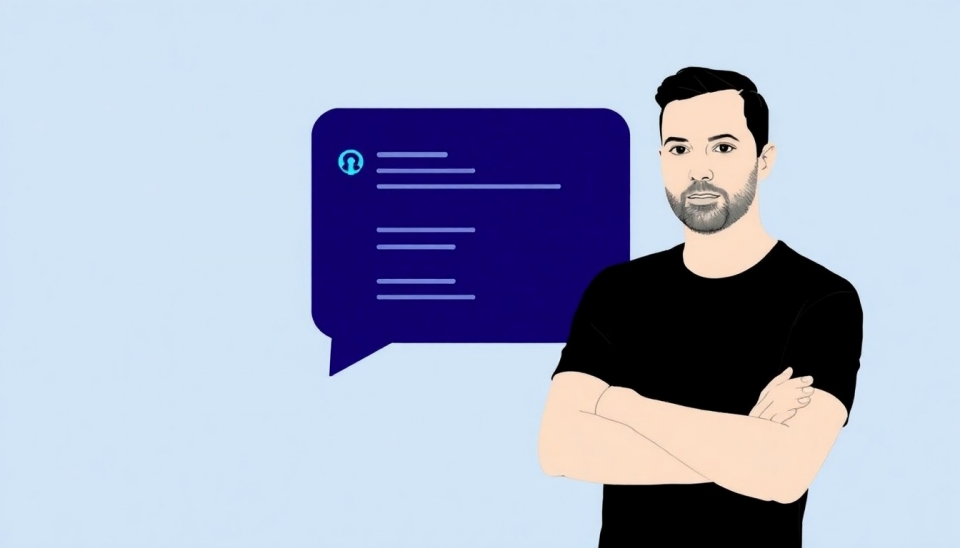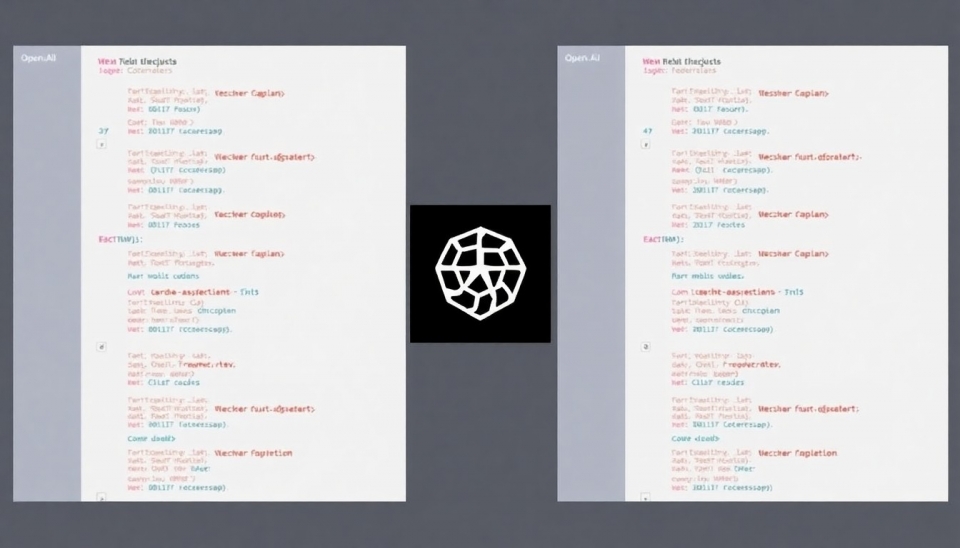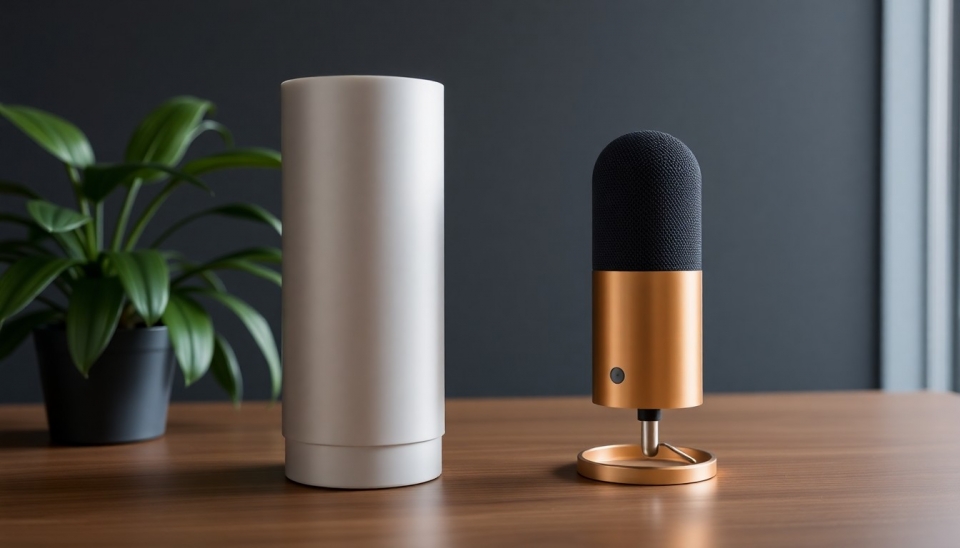
In a groundbreaking legal move, an Indian news agency has filed a lawsuit against OpenAI, accusing the artificial intelligence organization of violating copyright laws by using its content without proper authorization. This development marks a significant moment in the ongoing debate surrounding intellectual property rights in the age of AI and news aggregation.
The Indian entity, which has not been disclosed in the reports, alleges that OpenAI's model, which generates text based on input data, has been utilizing articles and reports produced by the agency without obtaining permission or providing due credit. This raises serious questions about how AI models are trained, particularly when it comes to respecting the intellectual property of content creators.
As AI technology advances, many companies utilize vast amounts of data from various sources to inform their models. However, this practice often brings up ethical and legal concerns, especially regarding copyright protections for original written works. The Indian news agency’s lawsuit emphasizes the need for clearer regulations governing the use of proprietary information in training AI systems.
According to the lawsuit, the news agency seeks not only compensation for damages but also a court order mandating OpenAI to cease its use of the allegedly infringing content. The agency's stance reflects a growing trend among media organizations and content creators who feel that AI companies need to be held accountable for the way they curate and use online content.
Legal experts suggest that this case could set a significant precedent for how AI interacts with copyrighted material. If the court rules in favor of the news agency, it could lead to broader implications for AI companies, forcing them to rethink their data sourcing strategies. This lawsuit could potentially catalyze changes in how AI technologies are deployed in journalism and content generation.
This legal confrontation is not isolated; it is part of a larger conversation about the balance between technological innovation and the rights of creators. As more media entities join the fray, the demand for legislation that protects copyrighted work in the sphere of AI-generated content is likely to increase.
Observers note that this case exemplifies the tension between traditional media and emerging technology. The outcome will be closely watched by stakeholders in both industries, as it could reshape the framework of rights concerning AI usage and the ethical implications of automated content generation.
As the lawsuit unfolds, the future trajectory of AI usage in journalism remains uncertain. In a rapidly changing digital landscape, each decision made in courts can ripple throughout the industry, influencing practices and policies nationwide and even globally.
#OpenAI #Copyright #Lawsuit #AI #NewsAgency #IntellectualProperty #TechnologyInnovation #MediaRights
Author: John Miller




